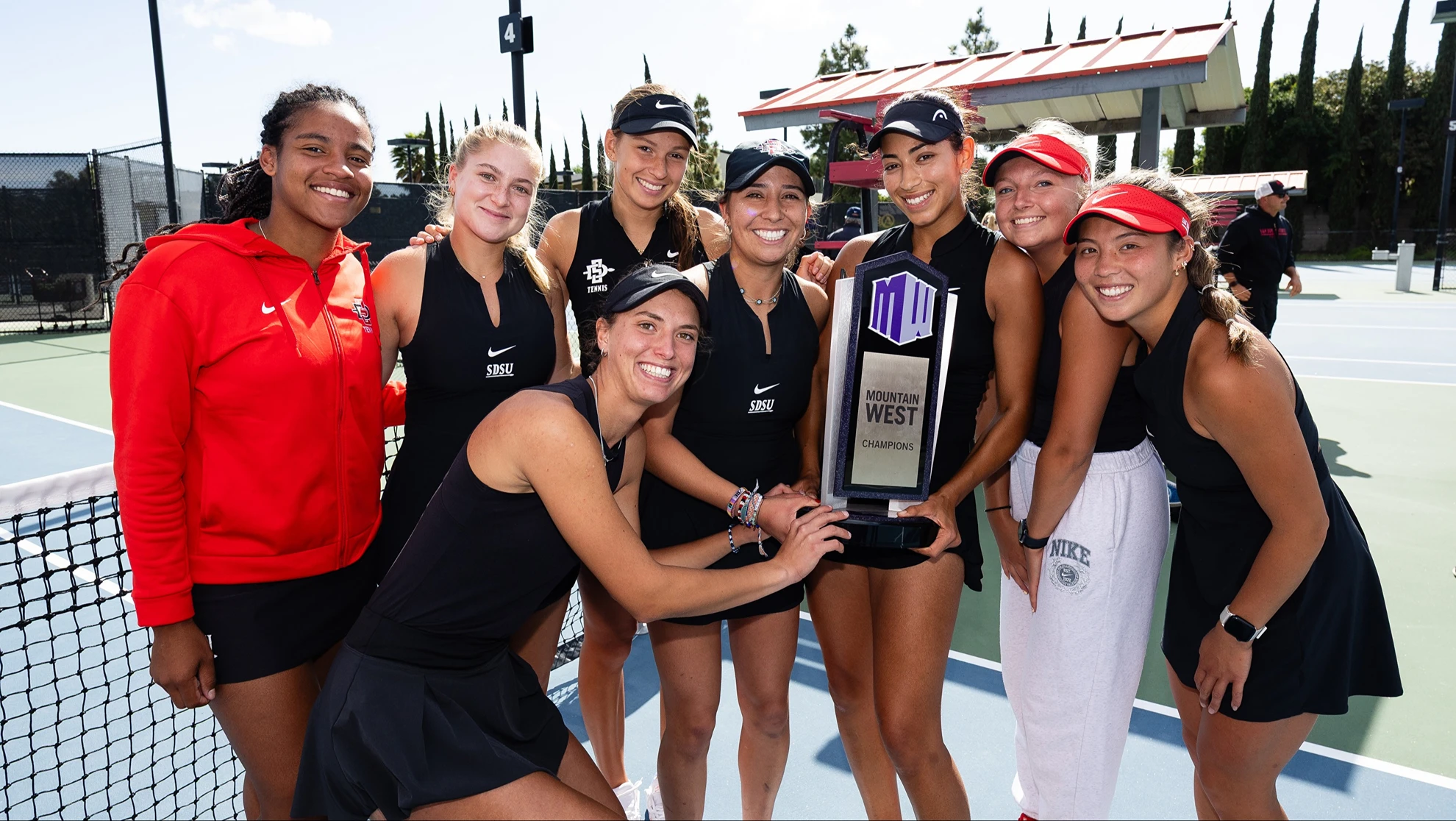Books About Me on the Rise
The increase in individualistic tendencies is apparent in a study of American books since 1960.

When the best seller “Eat, Pray, Love” hit bookshelves in 2006, it was labeled as “narcissistic new age reading” and “too self conscious.”
It seems that Elizabeth Gilbert isn’t the only author whose books have taken a turn toward the self-absorbed.
In a new study published today in PLoS ONE, San Diego State University researchers found that the use of individualistic language in books has increased since 1960.
Story details
In evaluating more than 750,000 books from the Google Books Ngram viewer, the largest database of digitized books, SDSU social psychologist and lead researcher Jean Twenge examined the use of individualistic and communal words and phrases over time.
“Changes in written language reflect broader cultural changes,” said Twenge, who has described generational shifts toward individualism in books such as Generation Me and The Narcissism Epidemic. “These data provide further evidence that American culture has become increasingly focused on the individual self since 1960.”
To identify an objective list of words and phrases, adult participants ages 20-82 listed and then ranked 20 individualistic words such as unique, personalize, and self and 20 individualistic phrases such as “I love me,” “I am special,” and “I’m the best.” They also listed and ranked communal words and phrases.
Using this list, Twenge and her fellow researchers W. Keith Campbell and Brittany Gentile of the University of Georgia, scoured 766,513 books and found that between 1960 and 2008, books have used individualistic words 20 percent more often and individualistic phrases 72 percent more often.
“I’ve often said that phrases like ‘I love me’ had to be recent ideas — can you imagine someone saying or writing that in the 1950s?” Twenge said. “The Google Books database allowed us to finally test that observation with some great data.”
Trending upward
Within the individualistic words, variations on the word “personal” were common. Many of the individualistic phrases, especially those that increased over time, included the word self or emphasized uniqueness and/or being better than others, consistent with the rise in these traits among individuals, said Twenge, whose past research has focused on the differences among generations and the trend toward a more narcissistic culture.
Because both the individualistic and communal words and phrases were nominated by a modern sample, both increased over time when examined individually. But only the individualistic language increased when the two were analyzed together.
“We expected that both types of language would increase because most people think of language they now use,” Twenge said. “So including the communal words nominated by the same sample was a fairly conservative test of our hypothesis.”



